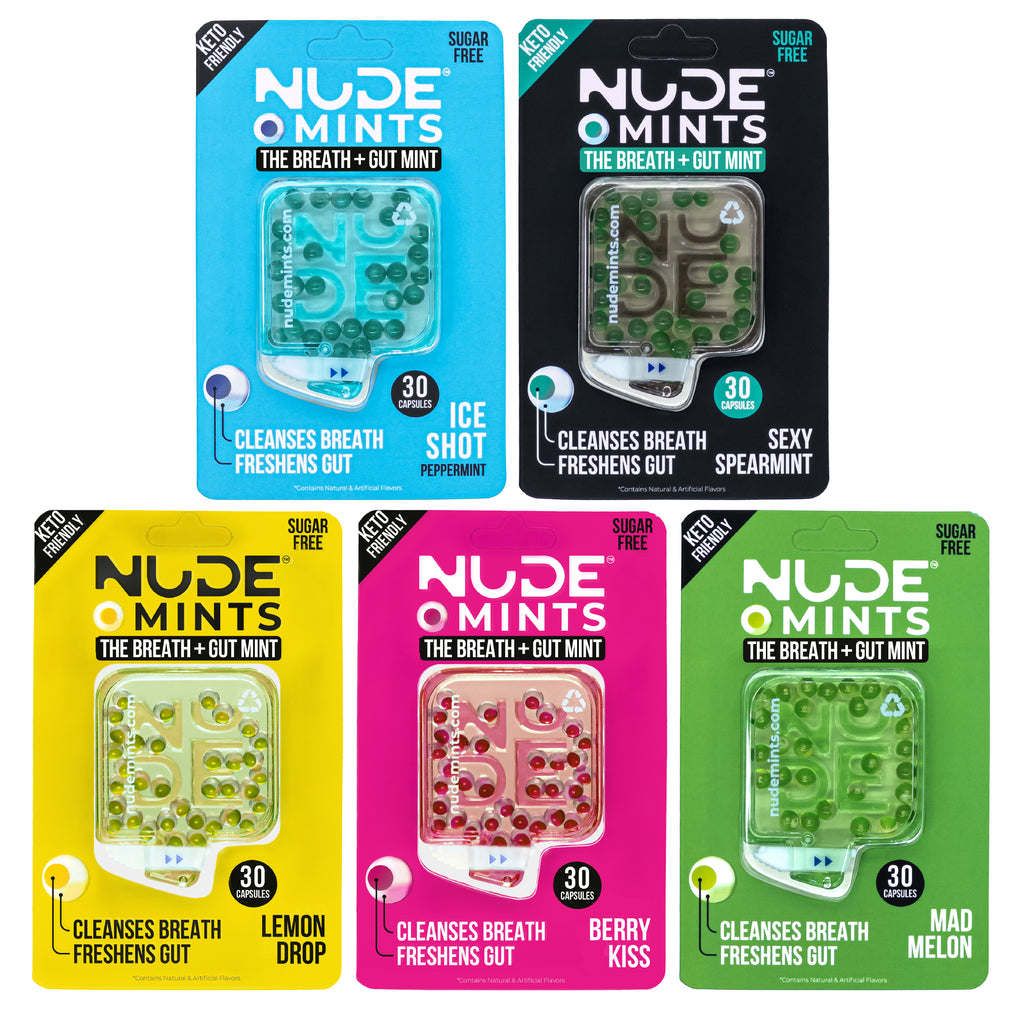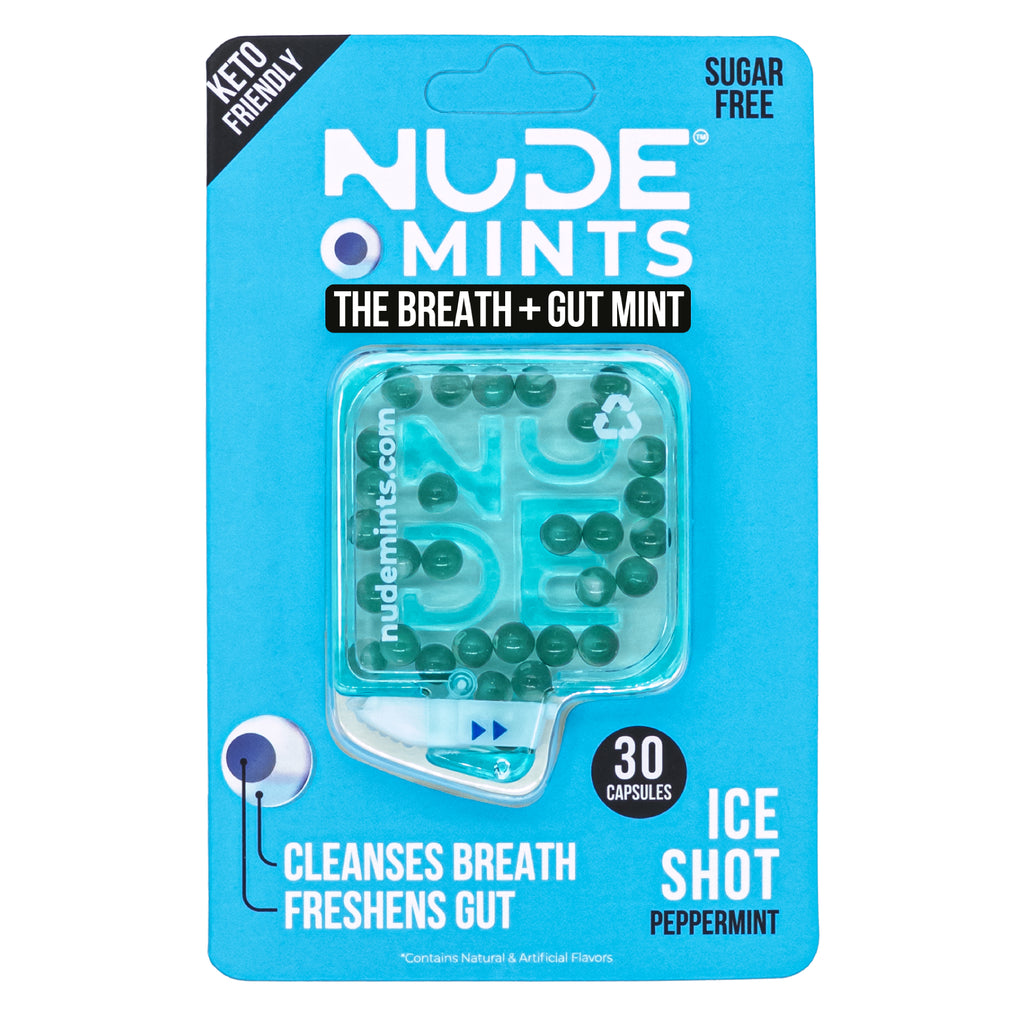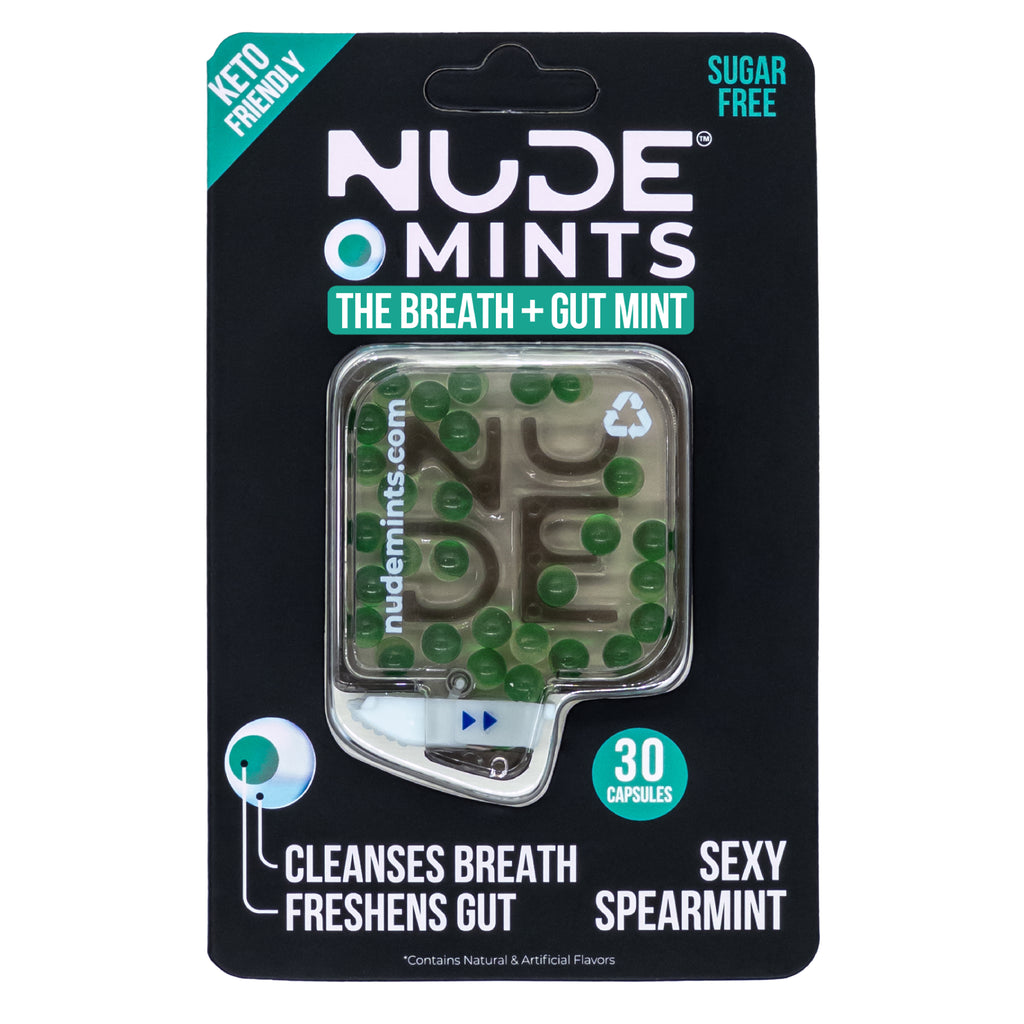Stunning Ways to Resolve Coffee Stains on Teeth and Bad Breath
-
When starting mornings, the first thing that comes to mind for most people is a good cup of coffee. However, coffee can have undesirable effects on your teeth and mouth. Coffee lovers, I’m sorry to say this. But regular coffee can have a bad effect on your dental health. You may get coffee stains on your teeth.
Think about it. If it can stain your clothes, then it’ll stain your teeth too. This is because coffee contains something called tannins. They are a kind of polyphenol that breaks down in the water. You can also find this substance in other drinks like tea or wine.
Tannins trigger color compounds to stay in your teeth. When these compounds stick, they leave an ugly yellow color. And it’s not something that only happens with multiple cups of joe a day. You can get them even if you only drink once every morning.
But I know, you don’t want to give up your favorite morning drink. So how will you resolve the problem of coffee stains?
Getting Rid Of Coffee Stains
If you love coffee, there’s not a lot of reason to panic. Dentists can regularly remove coffee stains during a biannual cleaning. Just make sure you actually schedule them.
It’s also possible to complement professional cleansing with certain home remedies. For instance, brushing your teeth with baking soda twice a month can remove stains and additionally whiten your teeth.
Whitening toothpaste and whitening strips can also reduce coffee stains. For good suggestions on what to use, look for the American Dental Affiliation (ADA) Seal of Acceptance in the products.
You can also ask your dentist about a home whitening tray to remove coffee stains. You can also consider getting an electric toothbrush. Studies and anecdotes show that it cleans a lot better than manual toothbrushes. Lastly, and probably the most important and basic, is to brush and use mouthwash at least twice a day and floss at least once.

Common Pitfalls of Coffee
Like all drinks that aren’t water, espresso may cause bacteria to develop in your mouth which might result in tooth and enamel erosion. This will trigger your teeth to turn out to be weak and brittle.
Espresso may trigger also bad breath, or halitosis, since its smell sticks to the tongue. To keep away from these issues, eat food before you drink espresso, and use a tongue scraper and toothbrush after you end ingesting. Or you can pop some Nudemints in your mouth for that fresh breath.
Additional Reading:
What are Bad Breath Causes, Signs, and Treatments
How to Remove Plaque and Tartar from Teeth
A Face Masks Shock: You Have Bad BreathStopping Coffee Stains
If giving up your favorite morning beverage isn’t a possibility, stop coffee stains by ingesting much less of it. Maybe go for a single cup of espresso within the mornings, and green tea later within the day.
Keep away from creamer and sugar, as these solely pace up the expansion of discoloring bacteria. Drink your espresso in a single sitting as a substitute for small sips all through the day to forestall bacteria buildup. Moreover, drink a glass of water after ending your espresso to rinse your mouth and teeth.
In case you desire iced coffee, drink it by means of a straw to cut back the danger of stains. Lastly, brush your teeth about 30 minutes after drinking coffee, and solely after rinsing your mouth with water. Bear in mind, coffee can be acidic. Brushing your teeth instantly after consuming or ingesting something acidic weakens tooth enamel and causes staining.
Consuming some food may also assist in treating stains. Uncooked vegetables and fruits — like strawberries and lemons — comprise pure fibers that clear teeth by breaking down bacteria.
Different food and drinks that stain teeth
This has been focused a lot on coffee. But coffee isn’t the one tooth-staining wrongdoer. To ensure you can always flash your pearly whites, watch out for different meals and drinks that may leave behind a yellowish hue. These include:
- Colas
- Black tea
- Red wine
- Berries (blueberries, blackberries, cherries)
- Tomato and tomato sauces
- Popsicles
- Onerous sweets
- Sports drinks

Excellent News for Coffee Lovers
You possibly can nonetheless drink coffee and preserve a white, healthy smile without the risk of coffee stains. How do you take pleasure in espresso and keep away from stains? Merely put, drink it sparsely. Everything in moderation is better. Dentists counsel not more than two cups a day. As well as, don’t neglect common brushing and visits to your native dental office at least twice a year.
Grab Some NUDE Mints Today
Is your breath feeling a little stale or emitting a bad odor? Pop a mint in your mouth. Made with novel technology from Japan, you’ll get instant fresh breath and a confidence boost. Buy a pack of NUDE mints available in Ice Shot, Berry Kiss, Citrus Squeeze, Lemon Drop and Mad Melon.
Get the freshest news on your favorite mouth cleanser and gut freshener!
Read More
-
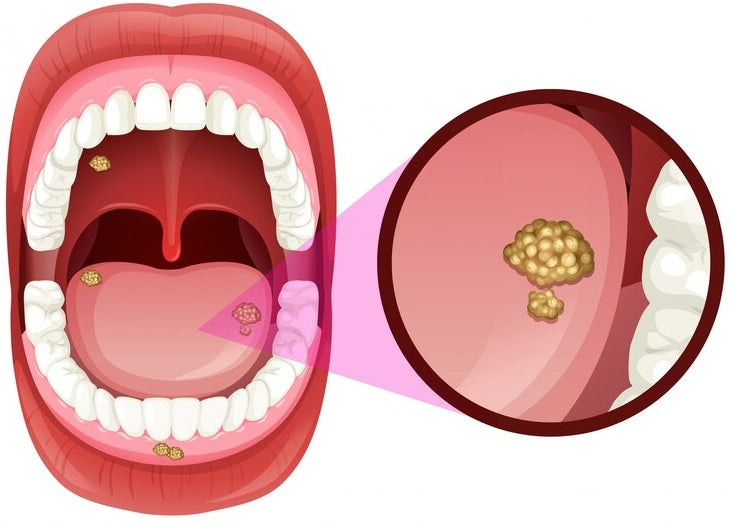
Halitosis: Understanding the Causes, Diagnosis, and Treatment for Fresh Breath
Halitosis, commonly known as bad breath, is a condition that affects a large number of people worldwide. It can be an embarrassing and isolating experience, but it is important to know that it is a common problem and that there are effective treatments available. In this article, we will discuss the causes, diagnosis, and treatment of halitosis. Causes of Halitosis Halitosis can have several causes, both internal and external. The most common causes include poor oral hygiene, dry mouth, certain foods and drinks, smoking, and certain medical conditions. Poor Oral Hygiene Poor oral hygiene is the most common cause of halitosis. When food particles and bacteria build up in the mouth, they can cause an unpleasant odor. Brushing and flossing...
-
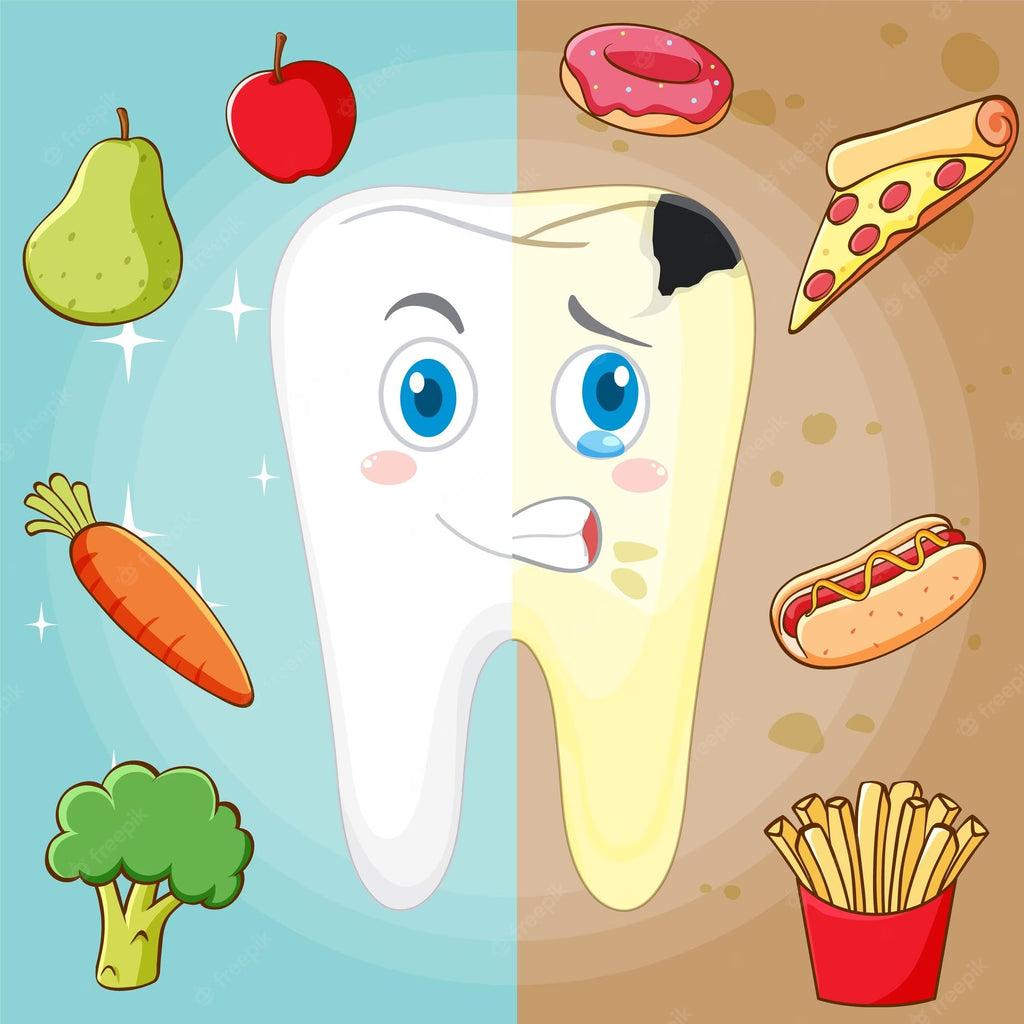
Crucial Connection Between Nutrition and Oral Health: Guide for Better Dental Care
As a dental health professional, we understand the importance of maintaining good oral hygiene to prevent cavities and gum disease. Brushing twice a day and flossing daily are essential habits, but did you know that nutrition also plays a crucial role in keeping your mouth healthy? In this article, we will explore the connection between nutrition and oral health and how you can make better food choices to support your dental health. How Nutrition Affects Oral Health Your diet can impact your oral health in many ways. A diet high in sugary and acidic foods can increase the risk of tooth decay and gum disease. When you eat sugary foods, the bacteria in your mouth feed on the sugar and...
-
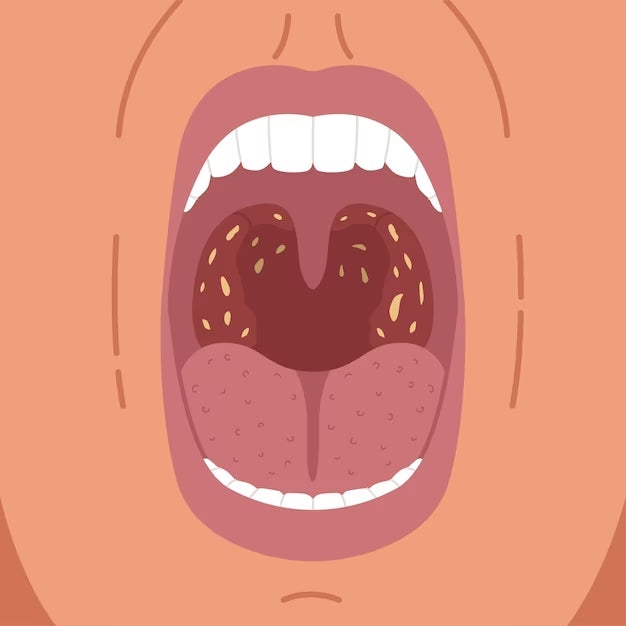
How to Treat Bad Breath Caused by Dry Mouth
Do you ever feel self-conscious about your breath? Do people avoid talking to you because of bad breath? Dry mouth, also known as xerostomia, can cause bad breath and make social interactions uncomfortable. In this article, we will discuss what causes dry mouth, how it leads to bad breath, and what you can do to treat it. Table of Contents What is dry mouth? Causes of dry mouth How dry mouth causes bad breath Signs and symptoms of dry mouth Diagnosis of dry mouth Treating dry mouth Home remedies for dry mouth Professional treatments for dry mouth Tips for maintaining oral hygiene Foods and drinks to avoid with dry mouth Conclusion FAQs What is dry mouth? Dry mouth occurs when...
-
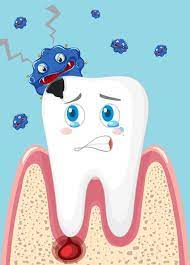
The Relationship Between Diabetes and Gum Disease: Understanding the Link
Diabetes and gum disease are two conditions that may seem unrelated, but research has shown that they are actually closely linked. In fact, individuals with diabetes are more likely to develop gum disease, and those with gum disease are more likely to have difficulty controlling their blood sugar levels. This article will explore the connection between diabetes and gum disease, and provide insights on how you can reduce your risk of developing both. The Relationship Between Diabetes and Gum Disease Diabetes is a condition that affects the body's ability to produce or respond to insulin, a hormone that regulates blood sugar levels. When blood sugar levels are consistently high, it can lead to a range of health complications, including nerve...
